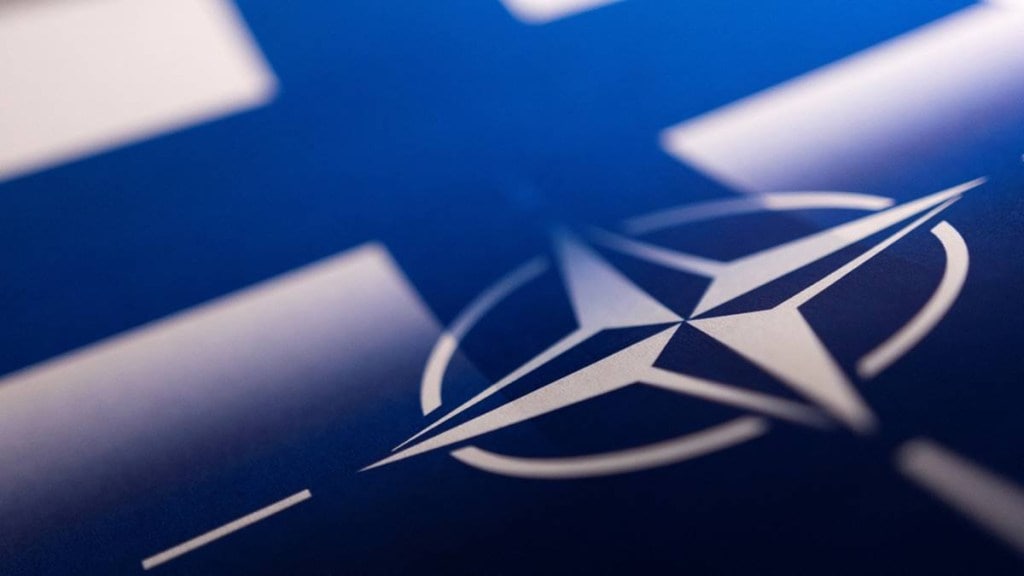India has firmly rejected the offer to join NATO (North Atlantic Treaty Organization), emphasizing the preservation of its strategic autonomy and independent stance against Chinese aggression.
Senators to introduce bill and seek amendment
Senator John Cornyn from the Republican Party and Senator Mark Warner of the Democratic Party are co-chairs of the Senate India Caucus, the only country-specific Congressional Caucus in the Senate. In an effort to upgrade India-US defence ties both Senators plan to introduce this week both as a standalone bill and as an amendment to the Defense Authorization Act. They told media persons in the US that India should be added to the so-called NATO Plus grouping as it will be easy to get access to the advanced technology and defence platforms without bureaucratic issues.
Ahead of Prime Minister Narendra Modi’s visit to the US at a briefing on the occasion of nine years of Foreign Policy under Modi Government in Delhi, External Affairs Minister, Dr S Jaishankar, stated that the NATO template is not suitable for India, highlighting the geographical distance between India and China as a key factor.
The United States’ invitation to join NATO aimed to enhance global security and counter China‘s influence in the Indo-Pacific region, but India believes it is capable of tackling challenges posed by China on its own.
Why does it matters to India?
India’s refusal to join NATO is based on several crucial factors. Firstly, becoming a NATO member would risk damaging its strong ties with Russia, a key strategic partner. India is wary of being caught in the crossfire between the US-led NATO alliance and Russia. Secondly, joining NATO could potentially jeopardize India’s strategic autonomy, particularly concerning its nuclear arsenal. There are concerns that membership in NATO might impose constraints on India’s independent decision-making.
While the US prepares its allies for sanctions on China, its own trade with China has surged to an all-time high, raising doubts about whose interests would truly benefit from India’s NATO membership.
According to foreign policy experts, “India’s rejection of NATO membership underscores its commitment to maintaining strategic autonomy and its belief in independently countering Chinese aggression. By refusing to join NATO, India aims to safeguard its strong ties with Russia and preserve its ability to make independent decisions regarding its defense and foreign policy.”
There are 31 member states mainly from North America and Europe and is aimed at ensuring security and freedom of its members through military and political cooperation.
In May recommendations were made by a Congressional Committee in the US to further strengthen NATO Plus by making India join the grouping.
What is NATO Plus?
To enhance defence cooperation this is a security arrangement which brings together the 31 member states and five aligned countries including South Korea, Australia, Israel, Japan and New Zealand.
The proposal made by the Congressional Committee ahead of PM Modi’s visit to the US was aimed to facilitate easy intelligence sharing among these countries and if India joins it will get access to advanced military technologies without any delays.
The Congressional Committee recommended that the US should strengthen the NATO Plus arrangement to include India.
It also suggested that the US should amend the TAIPEI Act and support Taiwan’s participation in international organizations and should publicly oppose any attempts by the Chinese Communist Party (CCP) to change the status of Taiwan.
Joining NATO means military base in India
If India joins NATO Plus, the US will eventually have its base in India. India has not allowed any country’s military base here.
Other NATO Plus members are hosting military bases including: Australia (2); Japan (24); Israel (1); South Korea (15).

